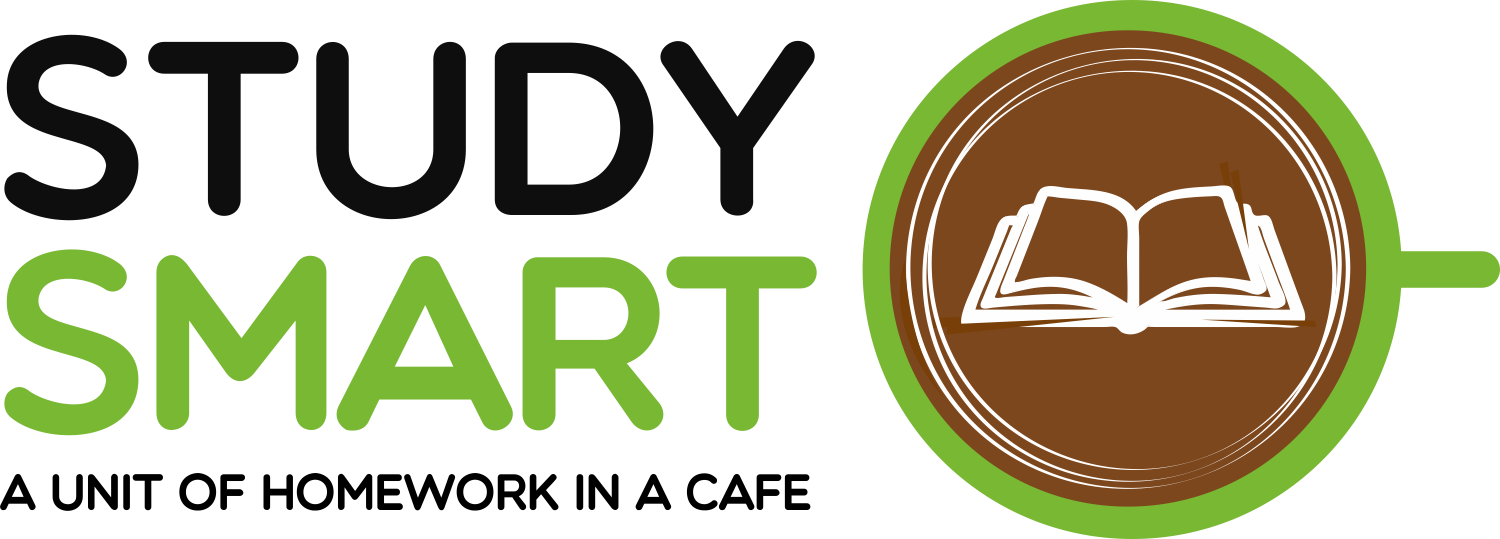Imagine this: you’re a teenager, bombarded by a constant stream of sights, sounds, and thoughts. Everything feels urgent, like juggling ten tasks at once while riding a rollercoaster. This is often the reality for teens with ADHD, thanks to a complex interplay between their brains and executive function.
What is Executive Function?
Think of executive function as the brain’s air traffic control. It’s responsible for a whole host of critical skills, including:
- Planning and organizing: Breaking down tasks, setting priorities, and creating schedules.
- Time management: Estimating how long things will take and sticking to deadlines.
- Focus and attention: Filtering out distractions and staying on track.
- Impulse control: Resisting urges and thinking before acting.
- Emotional regulation: Managing strong emotions and responding appropriately.
The ADHD Brain and Executive Function:
In teens with ADHD, the air traffic control tower isn’t quite as efficient. There might be delays in processing information, glitches in communication between different brain regions, and a constant battle against distractions. This can lead to challenges in all the areas mentioned above, making daily life feel overwhelming and frustrating.
Here are some specific struggles teens with ADHD might face:
- Starting and completing tasks: They might get easily sidetracked, have trouble prioritizing, and struggle to break down large projects into manageable steps.
- Time management: Keeping track of deadlines, estimating how long tasks will take, and sticking to schedules can be difficult.
- Organization: Keeping their belongings in order, managing homework, and planning for the future can be a constant battle.
- Focus and attention: Distractions are like sirens, pulling them away from the task at hand. Staying focused during lectures, studying, or completing chores can be a real challenge.
- Impulse control: Acting without thinking before the consequences can land them in hot water. Saying blurted-out comments, interrupting others, or making impulsive decisions are common issues.
- Emotional regulation: They might be more prone to meltdowns, emotional outbursts, or difficulty managing strong emotions.
Remember, every ADHD brain is a masterpiece, a testament to the incredible diversity of the human mind. Let’s stop trying to fit it into neat boxes and instead, join hands to embrace its vibrant chaos. Together, we can help these amazing teens not just manage their challenges, but harness their superpowers and paint the world with their brilliance.
Here are some tips for parents and teachers:
- Break down tasks into small, manageable steps. Don’t overwhelm them with the big picture. Chunk it down and celebrate each accomplishment.
- Use visual aids and timers. Calendars, planners, checklists, and timers can be lifesavers for teens with ADHD.
- Teach organizational skills. Help them develop routines, systems, and designated spaces for their belongings.
- Practice mindfulness and attention exercises. Techniques like meditation and yoga can help them focus and develop greater self-awareness.
- Be patient and understanding. Remember, they’re not being lazy or defiant. They’re simply wired differently. Celebrate their strengths and offer support for their challenges.
- Work with professionals. Therapists and coaches can provide specialized support and strategies for managing ADHD and executive function challenges.
Remember, every teen with ADHD is unique. What works for one might not work for another. The key is to be patient, supportive, and work together to find strategies that help them navigate the maze of executive function and reach their goals.
By understanding the ADHD brain and executive function, we can create a supportive environment where teens can thrive. Let’s work together to empower them to conquer their challenges and reach their full potential.
Contact us now.



